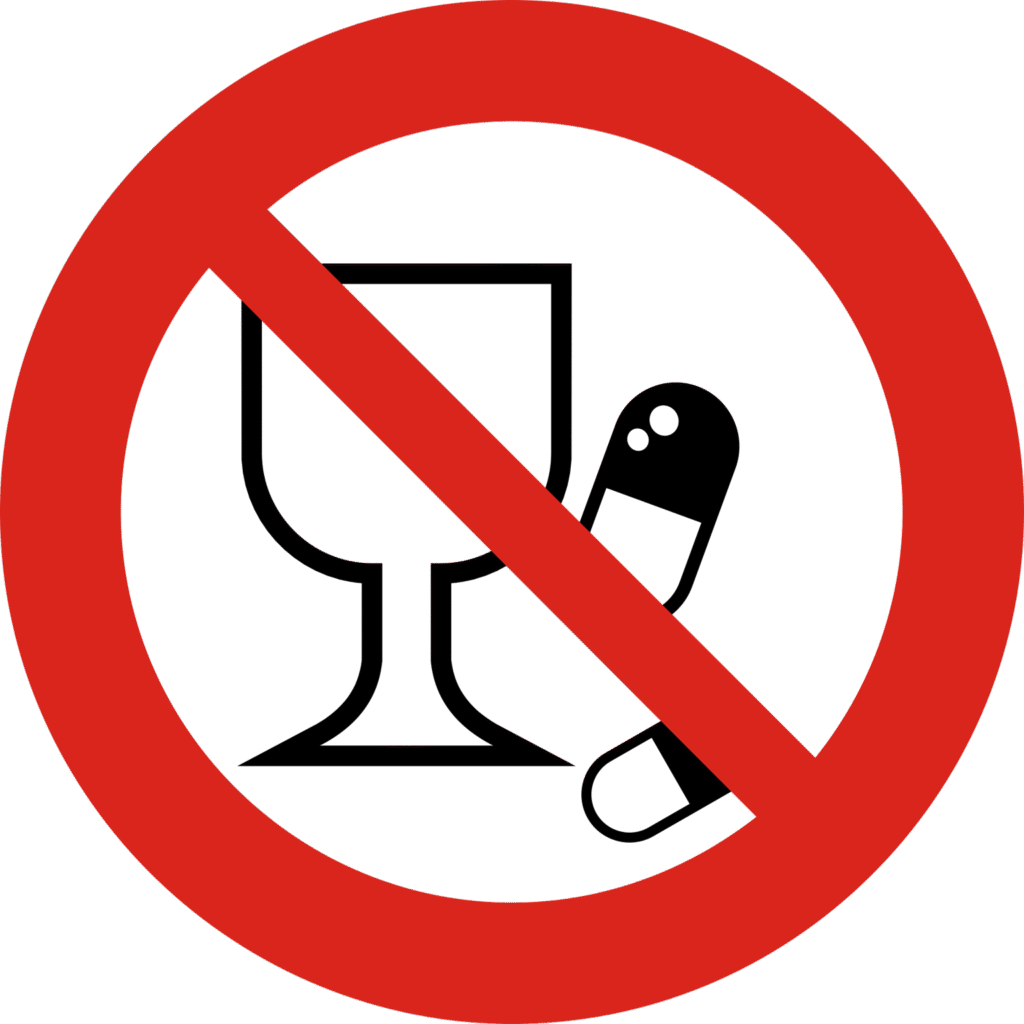Many individuals seek help when addiction has taken a severe toll on their lives, and finding a suitable program can be overwhelming. Various treatment modalities, levels of care, and facility types can create confusion for those in need of assistance. Understanding the key factors in choosing a treatment option can empower individuals and their families to make informed decisions.
Assessing the specific needs of the individual, considering location, facility reputation, and types of therapy offered can all contribute to the effectiveness of the chosen program. Know that these considerations can vary greatly, so take the time for thorough research and reflection.

Different Levels of Care
When exploring drug and alcohol treatment options, the first step is to understand the various levels of care available. They may range from outpatient services to residential treatment and inpatient care. Outpatient programs enable individuals to live at home while attending therapy sessions, offering flexibility and allowing them to maintain daily routines.
Residential or inpatient programs provide a fully immersive treatment experience, where individuals reside at the facility for the duration of their recovery process. This type of care is used for co-occurring mental health disorders or severe addictions that may require more intensive support. Alcohol treatment facilities like Voyager Recovery Center in Lake Forest may even offer amenities that promote holistic wellness, including mindfulness practices, nutritional guidance, and exercise opportunities. Intensive outpatient programs (IOPs) combine aspects of both outpatient and inpatient care and offer structured support. Recognizing the right level of care sets the foundation for a successful recovery journey.
Evaluating Treatment Modalities
Various treatment modalities cater to the diverse nature of addiction and recovery. Traditional therapies, including cognitive behavioral therapy (CBT) and motivational interviewing, have shown effectiveness across different demographics. These evidence-based modalities help individuals understand their thoughts and behaviors associated with substance use and establish healthier coping strategies.
Holistic therapies may include yoga, meditation, or art therapy that cater to those looking for a more comprehensive approach to healing. Some facilities even incorporate integrative treatment options like equine-assisted therapy, which can be helpful for individuals who relate well to animals. Evaluating the modalities offered at a potential facility will align with the individual’s preferences and recovery goals. Individuals can increase their chances of finding a program that resonates with their needs.
Location and Environment
The chosen location for drug and alcohol treatment can impact the success of a recovery program. Many individuals prefer to attend programs away from familiar surroundings, as this can create a clearer separation from influences that may trigger substance use. Remote or serene environments help individuals focus more on their recovery and minimize distractions.
Some individuals may benefit from remaining close to home and staying connected with family and friends for support. Factor in accessibility, transportation options, and available family involvement in your selection. The ideal setting should support the individual’s recovery process, providing a secure environment that encourages growth and healing.
Continued Care and Aftercare Programs
Recovery does not end once an individual completes a treatment program; ongoing support can sustain sobriety. Many reputable treatment facilities emphasize the importance of aftercare services designed to support individuals during their transition back into daily life. Continued care may entail counseling sessions, support group meetings, or wellness programs that maintain accountability and encourage healthy habits.
Programs that build connections with local recovery communities can improve an individual’s support network and provide a sense of belonging. Patients who engage in aftercare services experience lower relapse rates than those who do not. Thoroughly investigating the aftercare options available at a treatment facility will provide vital insight into how they support long-term recovery success.
Facility Reputation and Accreditation
Facilities accredited by reputable organizations such as The Joint Commission or the Substance Abuse and Mental Health Services Administration (SAMHSA) meet specific standards of care and ethical practices. Investigating the facility’s history, success rates, and patient testimonials can help gauge the quality of the program. Asking about staff qualifications and their experience working with individuals facing addictions can shed light on the standard of care provided.
Treatment facilities with a positive reputation utilize evidence-based therapies and maintain a strong commitment to their patients’ well-being. Finding an accredited and well-reviewed facility increases the likelihood of a successful recovery journey.
The Importance of Personalized Treatment
Every individual’s experience with addiction is unique, which is why personalized treatment plans are necessary. Look into an individual’s background, substance use history, and co-occurring mental health issues must be considered when developing a treatment strategy. Tailored approaches facilitate more effective interventions and allow therapy to target specific areas of concern.
Facilities that prioritize individualized care reassess treatment plans regularly. Programs that emphasize personalization tend to humbly regard each person’s story and resilience, leading to constructive engagement and empowerment throughout recovery. This approach can improve the treatment experience and provide individuals with the necessary tools to sustain long-term sobriety.

Achieving lasting recovery from addiction is an ongoing process that involves careful consideration of multiple factors. From understanding different treatment modalities and levels of care to evaluating the importance of a facility’s reputation and services, conduct comprehensive research. Each individual’s unique needs must be addressed to develop an effective approach that improves the odds of long-term success. Prioritizing aftercare and personalized treatment can create a solid foundation for sustained sobriety.












